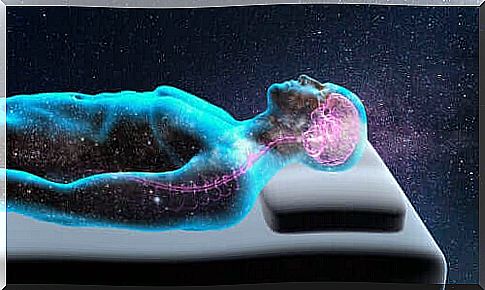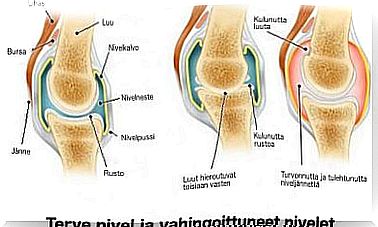Benign Sleep Can Prevent Brain Disease

On February 19, 2020, the scientific journal Plos One published a new study on the importance of benign sleep. According to the publication, there is evidence that benign, adequate sleep can prevent brain diseases.
The study was conducted by scientists from the Barcelona Brain Health Initiative (BBHI) project, sponsored by the Institut Guttmann and La Caixa in Barcelona (Spain). The study was based on data collected through an online survey of volunteers aged 40-65 years who did not have a related health problem.
The researchers followed the sleep of a total of 4,500 people for one year. From this, they determined that benign sleep is a crucial factor in reducing the risk of neurological or neuropsychiatric diseases, and that these diseases, in turn, adversely affect normal sleep.
Research
A study of good sleep quality and its effects on brain disease began in 2017 with a total of 4,500 volunteers. Of these volunteers, 2,353 provided data throughout the year. Of the latter, 73 individuals were eventually diagnosed with a new neurological and neuropsychiatric disorder.
In his final report, Dr. Álvaro Pascual-Leone, the director of the study, emphasized the importance of a healthy lifestyle. The results of the study show that they are a crucial factor in maintaining good brain health. For example, low levels of physical activity adversely affect sleep.
Dr. Gabriele Cattaneo, one of the authors of the study, also pointed out that women who sleep poorly have a higher risk of developing depression. The study also found an association between poor sleep quality and other diseases such as hepatitis and high blood pressure.

Good quality sleep – the deciding factor
The study of the Barcelona Brain Health Initiative project is by no means the first to mention the link between sleep quality and brain disease. In April 2019, at the 27th Congress of the Spanish Union of Unions, something similar was noted.
During the event, experts discussed and argued about sleep quality and brain diseases. The conclusions showed that there has been a lot of new evidence in recent years that there might be a two-way relationship between sleep disorders and neurodegenerative diseases. The most common of these diseases are Parkinson’s and Alzheimer’s.
It was also confirmed that sleep problems often occur some years before the onset of dementia symptoms. For this reason, this factor should be considered a warning sign.
In contrast, people who already have brain diseases deteriorate more quickly if they also have a sleep disorder. Dr. Sandra Giménez Badia, a clinical neurophysiologist at Santa Creu y Sant Pau Hospital in Barcelona, gave shocking information: up to 70% of patients with some type of dementia also suffer from sleep problems.

Sleep and Alzheimer’s disease
The Pasqual Maragall Foundation, which specializes in research on Alzheimer’s disease, published the research in Alzheimer’s Research & Therapy . It shows that after analyzing 1,638 people, the researchers came to the conclusion that people with sleep disorders had less mass in the area of the anterior wedge or posterior crest of the brain.
These areas of the brain are involved in, for example, memory and intellectual performance. The first signs of degeneration also appear there, mainly in the early stages of Alzheimer’s disease.
Changes were also observed in the white matter of the brain. In addition, the effects of insomnia were stronger in carriers of the APOE-ε4 gene variant. In other words, there is a link between insomnia and the risk of Alzheimer’s disease. Although the link is not yet clear, it is currently being investigated.
A person who sleeps poorly is also more prone to numerous health problems. So take insomnia, nocturnal awakening and all sleep problems seriously. All of these ailments require a doctor visit to be closely monitored.









